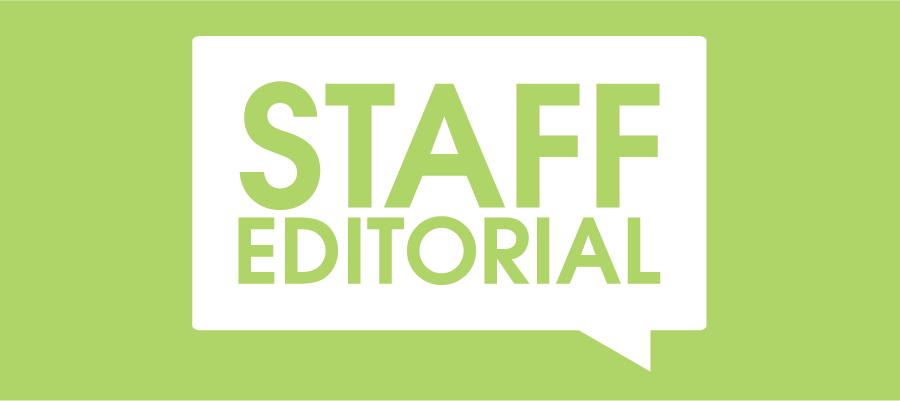Following a divisive campaign, the newly inaugurated President Donald Trump pledged to serve the interests of all Americans. In his recent address to Congress, he urged for unity in our country to move forward. While the rhetoric is admirable, his recent actions have shown his true intentions to be contradictory. Trump’s decision to bar certain liberal-leaning media outlets from a recent informal media briefing at the White House indicates his unwillingness to engage and serve the American citizens in opposition to his administration.
The media serve as an extension of the American people. It is their responsibility to act as the eyes and ears of the population. The New York Times, CNN, Politico, the Los Angeles Times and Buzzfeed represent their readers. By closing them out, Trump implicitly denied their readers the right to information.
Contrary to common belief, the truth does not speak for itself. It is filtered through every media outlet and source of information. President Trump blocked the media outlets that have been most critical of his administration’s actions while expanding the pool for smaller conservative outlets to attend. Trump is deliberately manipulating the press corps to avoid challenging questions.
The administration repeatedly undermines the media outlets that criticize Trump, branding them as “fake news” and the “enemy of the people.” Additionally, the president continues to heckle reporters and dodge the questions. Let us not forget the perplexing episode when the president chastised reporter Jake Turx, who respectfully posed a question about Trump’s stance on recent anti-Semitic acts, for not acting like the “friendly reporter” he had anticipated.
President Trump is forcefully trying to control the narrative by undermining the legitimacy of those against him. This troubling behavior resembles borderline propaganda strategy.
Some tension between the press and the White House is natural – a democratic press has always been an “opposition party,” not only seeking to provide basic facts but also acting as a watchdog through persistent reporting and educated commentary. No president has had a perfect relationship with the press; the Obama administration kept a very watchful eye on the press, and need we revisit the Nixon years?
However, what is different about the Trump administration is its explicit encouragement of the American people to disbelieve and deride “the media” as an institution. As a result, it is the duty of all journalists to stand up for each other. AP and Time boycotted the press gaggle after the other outlets were barred, and Fox News anchor Shepard Smith defended CNN against the label of “fake news.”
To fulfill his promise of serving all of the American people, not just his supporters, President Trump must first improve his relationship with the media – all media. Trump can build better relationships with the press by actively engaging journalists’ questions rather than constantly bulldozing through defensive talking points and dismissing critical questions.
Rather than trying to build a wall against these publications and distancing himself even further from a large portion of Americans, the president should be trying to start a dialogue.
Even though he sits in the highest office of this country, respect is a two-way street. If he wants respect from journalists, and by proxy the American people, the chief public servant needs to be better at engaging with all media on a meaningful level. Being more professional and less defensive with even the most critical publications gives him a better shot at successfully communicating his ideas.
Aside from the practical concerns regarding Trump’s actions toward the media, there are serious constitutional concerns as well. Did President Trump violate the First Amendment by barring certain media outlets from the press gaggle?
There’s not necessarily a clear-cut answer. A strong argument can be made that Donald Trump engaged in “viewpoint discrimination” by picking and choosing which outlets to include in his press pool. Courts have ruled that government press conferences are essentially open forums, and officials cannot deny press access based on content or viewpoint.
While a constitutionality violation is not obvious, the concerns are very real. Whether it is through an informal gaggle or an official press conference, the press pool must be representative of all readerships.
The exclusion is not normal. It is a deliberate show of power. The White House Correspondents’ Association acknowledged it. Even Fox News acknowledged it. The fact that the White House included the likes of Breitbart and not The New York Times is deeply concerning, whether or not Sean Spicer acknowledges it.
Donald Trump is no longer campaigning. He is now governing. He must speak and appeal to both halves of his America.
Editorials represent the majority view of The Miami Hurricane editorial board.






